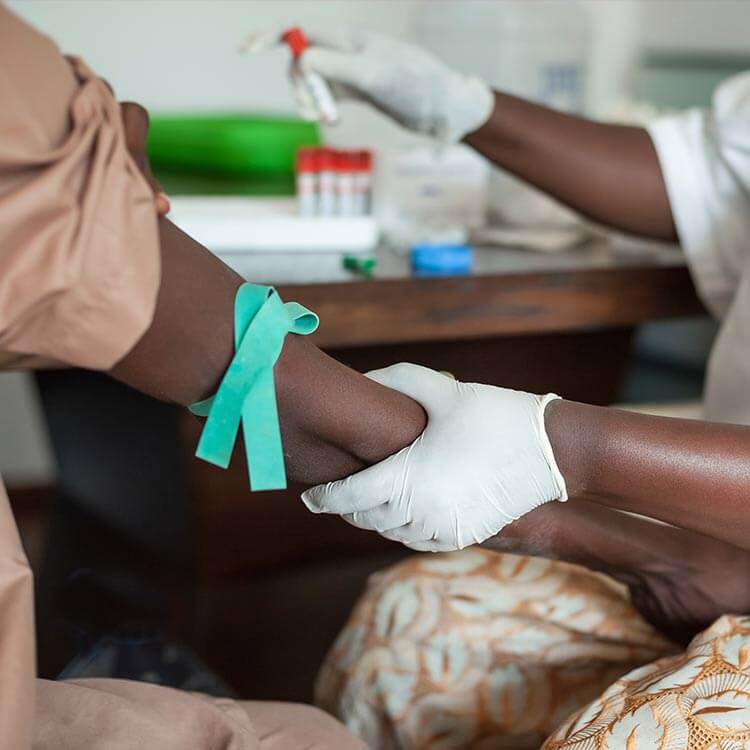Search
News & Events
Infection takes high toll in young childrenA new study has found that infectious diseases are the most common reason that children under two years of age are admitted to hospital.
News & Events
New vaccine could protect against more types of cancer-causing HPVTrial of new vaccine that could provide women with additional protection against Human Papillomavirus (HPV) types known to cause cervical cancer.
News & Events
New vaccine promises fewer needlesPerth researchers are calling for help from Perth toddlers and their parents to participate in a new project that aims to reduce the number of injections
News & Events
Perth children and seniors needed for bird flu vaccine studyPerth researchers have begun a trial to test the effectiveness in children and seniors of a new vaccine to protect against the potentially deadly bird flu.
News & Events
Potential new vaccine for WA's meningococcal threatPerth researchers are about to trial a new vaccine that could potentially provide protection against the most common form of meningococcal
News & Events
Infections leave life-long scarsHigh rates of recurrent infection are a major risk to the health of Aboriginal children and are comparable to those of third world countries.
Research
Levels of pneumococcal conjugate vaccine coverage and indirect protection against invasive pneumococcal disease and pneumonia hospitalisations in Australia: An observational studyThere is limited empiric evidence on the coverage of pneumococcal conjugate vaccines (PCVs) required to generate substantial indirect protection. We investigate the association between population PCV coverage and indirect protection against invasive pneumococcal disease (IPD) and pneumonia hospitalisations among undervaccinated Australian children.

Research
Heritable and environmental determinants of hospitalisation for common childhood illnessesWe will leverage the unique Western Australian data linkage resources to undertake the definitive twin and sibling study of infection-related hospitalisation

Research
GAMA projectThis study investigated host gene expression in response to new HIV infection.
Research
It’s not just droplets: a systematic review and meta-analysis of the modes of transmission of Group A StreptococcusThe transmission of Group A Streptococcus (Strep A) through respiratory droplets has been considered the dominant mode of transmission to date; however, little is known about the relative contribution of other modes of transmission. This review systematically summarises the contemporary evidence regarding the transmission of Strep A.
